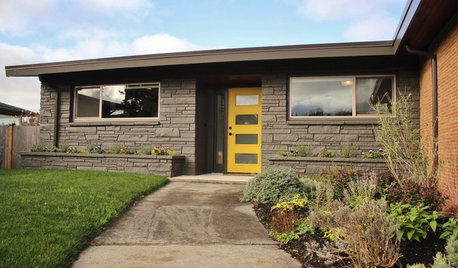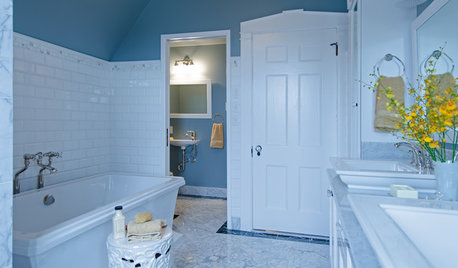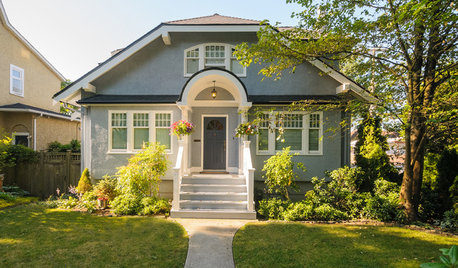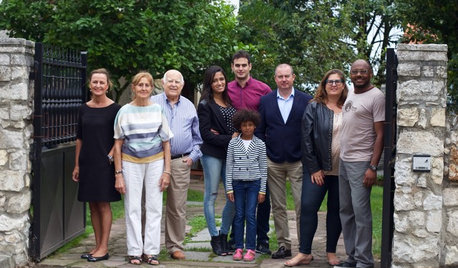Capital Gains confusion sale family home
Doug
last year
Featured Answer
Sort by:Oldest
Comments (22)
sushipup2
last yearRelated Professionals
Madison Heights Architects & Building Designers · Beloit General Contractors · Bowling Green General Contractors · De Luz General Contractors · Erlanger General Contractors · Little Egg Harbor Twp General Contractors · Brooklyn Park Home Stagers · Fernway Interior Designers & Decorators · Providence Architects & Building Designers · South Elgin Architects & Building Designers · Pine Hills General Contractors · Wolf Trap General Contractors · Suffern Landscape Architects & Landscape Designers · Vernon Hills Landscape Architects & Landscape Designers · San Juan Landscape Architects & Landscape DesignersLouise Smith
last yearlast modified: last yearDoug
last yearAnnKH
last yearLouise Smith
last yearJ Mig
last yearDoug
last yearkevin9408
last yearlast modified: last yearelcieg
last yearlast modified: last yearsushipup2
last yearbry911
last yearglschisler
last yearJoseph Corlett, LLC
last year
Related Stories

HOUZZ TOURSMy Houzz: A Midcentury Home’s Remodel Lets a Family Breathe
By overhauling the layout and saving on finishes, a Seattle family gets the home it has always wanted
Full Story
DECLUTTERING10 Tips for Clearing Out the Family Home
A professional organizer offers advice on emptying a family home in preparation for a sale
Full Story
BEFORE AND AFTERSA Seattle Family Bathroom Gains Privacy and Polish
Too much togetherness, along with a major leak, leads to a full gut renovation of a 1908 bath
Full Story
SELLING YOUR HOUSEFix It or Not? What to Know When Prepping Your Home for Sale
Find out whether a repair is worth making before you put your house on the market
Full Story
SELLING YOUR HOUSEHow to Decorate for the Holidays When Your Home Is for Sale
You can make your home appealing to potential buyers and still celebrate the season. Here are 7 tips to keep in mind
Full Story
BATHROOM DESIGNThe Family Home: 8 Easy Tips for an Organized Bathroom
If your bathroom has that hit-by-a-hurricane look that tends to come with kids, sort things out with these tried and true ideas
Full Story
HOUZZ TOURSMy Houzz: Country Chic and Contemporary Styles Blend in a Family Home
Compromise helps an Austin, Texas, couple merge their tastes in a new home with a transitional, eclectic style
Full Story
LIFEWorld of Design: See How 7 Families Live in Multigenerational Homes
What happens when three or more generations live within shouting distance of one another? More hugging than shouting, actually
Full Story
FEEL-GOOD HOME9 Ways to Boost Your Home’s Appeal for Less Than $75
Whether you’re selling your home or just looking to freshen it up, check out these inexpensive ways to transform it
Full Story
MOVINGMaking a Home Away From Home
Feeling like a stranger in a strange land? These tips can help ease the transition after a big move
Full StoryMore Discussions








DougOriginal Author